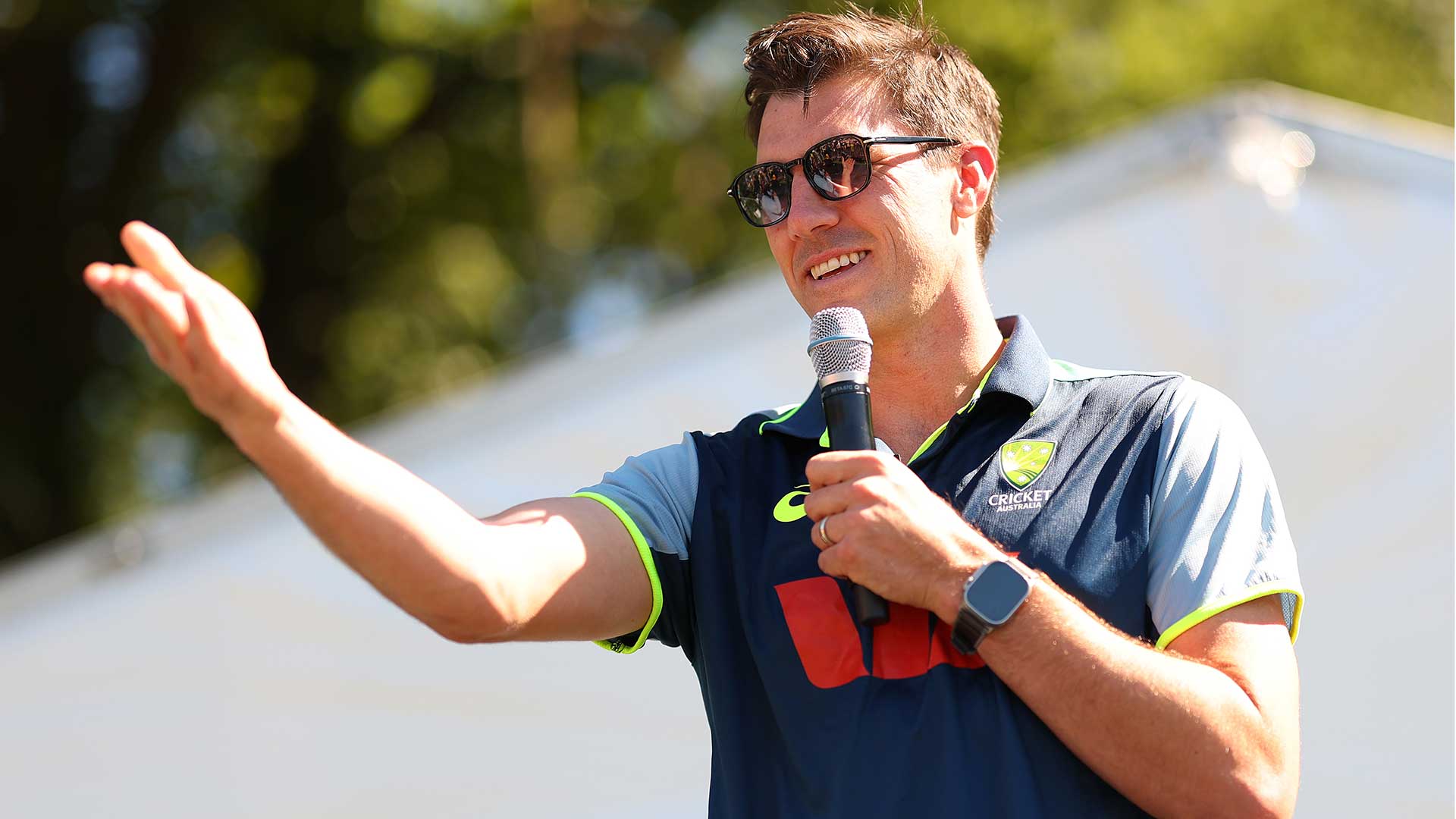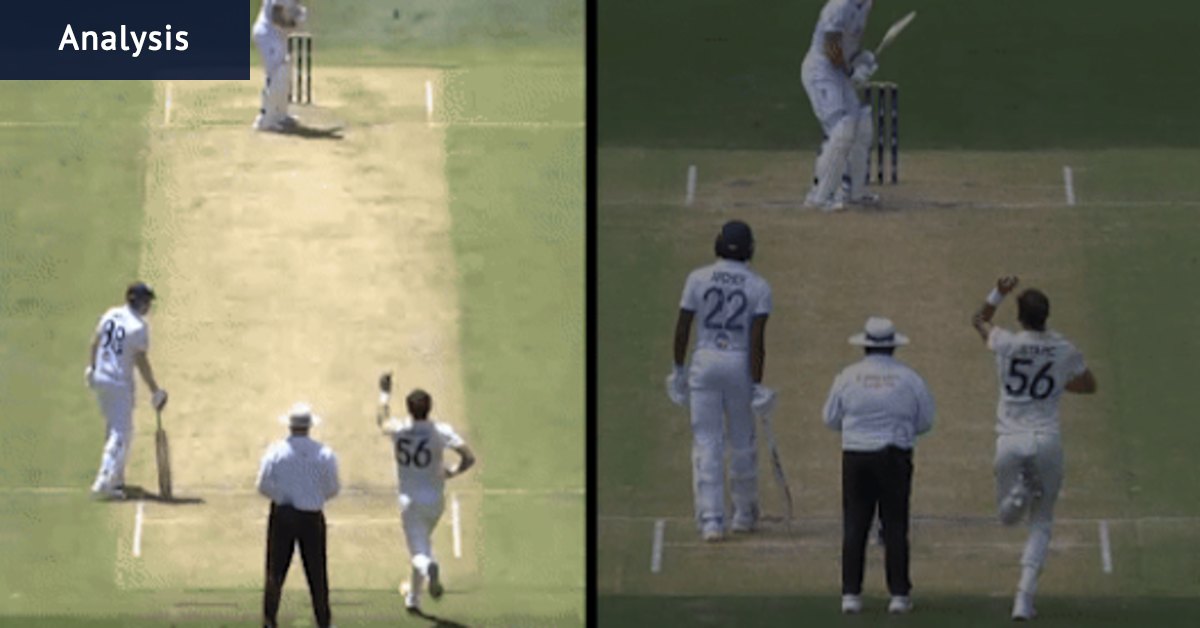
I used to devour books like they were going extinct. Now I can’t remember why I walked into a room. I thrived on being the smart girl — the one who actually enjoyed history essays and unpacking an author’s thematic choices in English. I’d max out my library card on every visit, happily wishing goodnight to my mum before turning the lamp back on and reading under the covers.
I yearned to know as much about the world as I could; to soak up all the stories, past, present, and fictional. There’s no standout lightbulb moment where I went, ‘Aha, I’m getting dumber’. It’s been a slow, insidious decline that I barely noticed until it was too late. Now? I struggle to remember what I did on the weekend when someone asks.
The Modern Dilemma: Digital Distraction
The symptoms are everywhere: scrolling more than reading. Struggling to get through movies without picking up my phone. Choosing TV shows with fewer episodes because my attention span can’t handle commitment. Reaching for TikTok the moment I have free time, like a reflex I can’t control.
Meanwhile, I know I want new hobbies to try, new skills to master. Yet I still reach for my phone time and time again, like I’m trapped in some digital Groundhog Day. It’s maddening. And I know I’m not alone.
The Science Behind Cognitive Decline
Experts have long warned about the impact of digital devices on our cognitive abilities. According to a study published in the journal Computers in Human Behavior, excessive use of smartphones is linked to a decrease in attention span and memory retention. The constant barrage of notifications and the allure of endless scrolling create a fragmented attention span, making it difficult for individuals to engage deeply with any single task.
“Our brains are not wired to handle the constant influx of information that comes with digital media,” says Dr. Emily Carter, a cognitive psychologist. “This leads to a phenomenon known as ‘cognitive overload’, where the brain is unable to process and retain information effectively.”
The Cultural Shift: From Books to Screens
This development follows a broader cultural shift from traditional reading to digital consumption. In the past, reading books was a primary source of entertainment and knowledge acquisition. However, the advent of digital media has transformed how people consume information. The convenience of smartphones and tablets has made it easier to access a wide array of content, but at the cost of depth and focus.
Writer Kylee explored this exact feeling in a recent Substack piece, “unrot your brain,” unpacking how she found herself experiencing what she describes as post-grad decay. Her story resonates with many who feel their cognitive abilities slipping away in the digital age.
Historical Parallels and Modern Implications
The move represents a significant shift in how society values and engages with information. Historically, the invention of the printing press in the 15th century revolutionized the dissemination of knowledge, making books widely accessible and promoting literacy. Today, the digital revolution has democratized access to information but has also introduced new challenges in maintaining cognitive health.
“The digital age has brought unparalleled access to information, but it requires a new set of skills to navigate effectively,” notes Dr. Michael Thompson, a historian of technology. “We must learn to balance the benefits of digital media with the need for deep, focused engagement.”
Finding Balance: Strategies for Cognitive Engagement
As the digital landscape continues to evolve, individuals must find ways to reclaim their cognitive abilities. Experts suggest several strategies to combat digital distraction and enhance mental acuity:
- Set Boundaries: Limit screen time and establish “no-phone” zones to encourage offline activities.
- Engage in Mindful Practices: Activities such as meditation and yoga can help improve focus and reduce stress.
- Rediscover Reading: Dedicate time each day to reading books, which can enhance concentration and comprehension skills.
- Explore New Hobbies: Learning new skills or engaging in creative pursuits can stimulate the brain and foster cognitive growth.
The announcement comes as more individuals recognize the need to address the cognitive challenges posed by digital media. By adopting mindful practices and setting boundaries, it is possible to reverse the decline and foster a healthier relationship with technology.
The implications of this shift are profound, affecting everything from education to personal well-being. As society continues to navigate the complexities of the digital age, finding a balance between online engagement and offline enrichment will be crucial for maintaining cognitive health.




